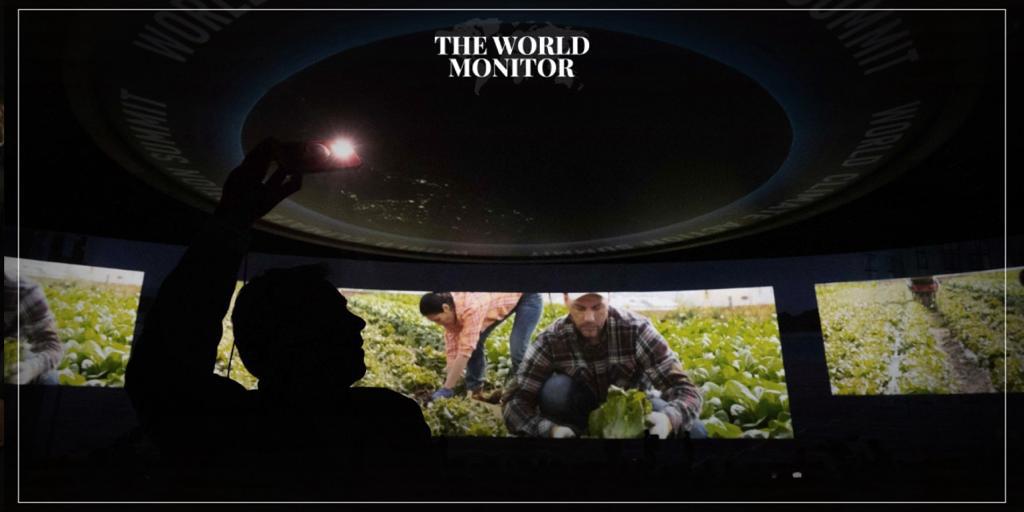Food systems are estimated to be responsible for approximately one-third of human-made greenhouse gas emissions, but they face increasing threats due to global warming and biodiversity loss.
A total of 134 countries, accounting for 70% of the world’s food production, have signed a declaration aimed at addressing the critical intersection of food systems, agriculture, and climate change.
Hosted by the UAE, the summit emphasized the urgency of integrating food systems into emissions reduction plans to align with the goals of the Paris Climate Agreement and limit global warming to 1.5 degrees Celsius.
The declaration commits signatory nations to strengthen their efforts in incorporating food systems into emissions reduction strategies. It also highlights the need to support vulnerable food producers, such as farmers, through increased funding, improved infrastructure, and the development of early warning systems.
Restoring land, transitioning away from greenhouse gas-emitting agricultural practices, and reducing food loss are among the key priorities outlined in the declaration.
Notably, the United States (US), European Union (EU), China, and Brazil are among the countries that have endorsed the declaration.
The 134 nations represented in this declaration are home to 5.7 billion people and contribute over three-quarters of all greenhouse gas emissions from the global food system, equivalent to 25% of total global emissions.
The announcement has been praised by environmental organizations, with the World Resources Institute calling it a significant moment for addressing the climate impact of food production.
However, some critics point out that the declaration fails to directly address fossil fuels, which play a substantial role in food emissions. They argue that addressing fossil fuels should be a crucial aspect of any comprehensive strategy to reduce the carbon footprint of food systems.
Additionally, concerns have been raised about the vague language in the declaration and the absence of concrete actions or targets, particularly in terms of promoting sustainable diets and reducing the overconsumption of industrially produced meat.






